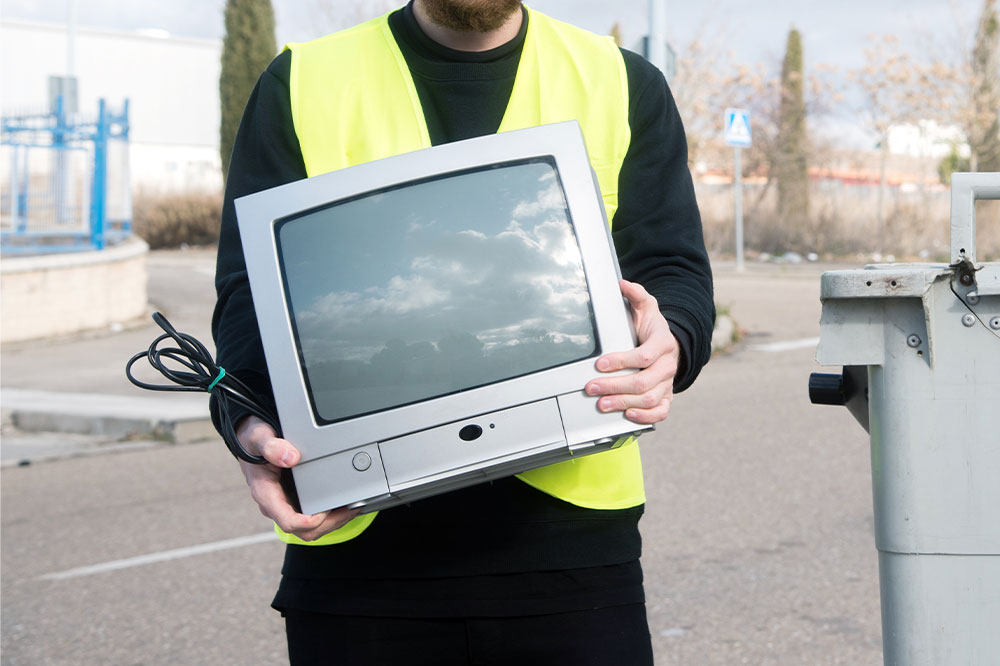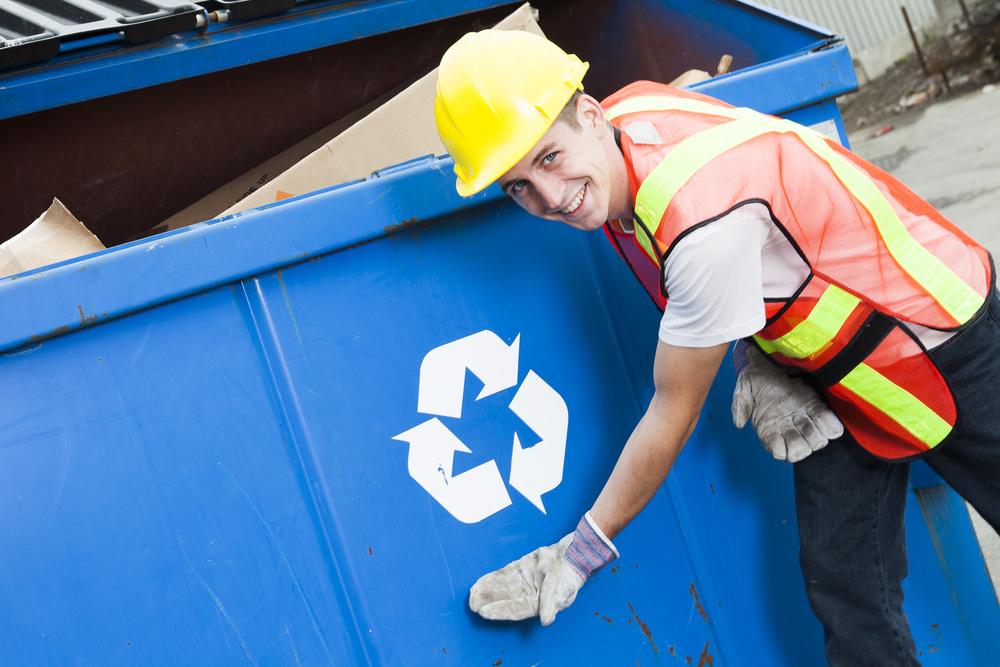Comprehensive Guide to Proper Disposal and Recycling of Large Electronic Devices
This comprehensive guide explores the importance of responsible disposal and recycling of large electronic devices. It covers what e-waste is, why recycling is crucial, how to prepare devices for recycling, and the best options for responsible disposal. The article highlights the environmental benefits of recycling large electronics, including resource recovery and pollution prevention, while providing practical tips for consumers and organizations. With information on certified recycling centers, donation options, and major retailers offering e-waste collection, this resource empowers readers to make eco-friendly choices and contribute to sustainable waste management efforts.

Comprehensive Guide to Proper Disposal and Recycling of Large Electronic Devices
In our modern world, electronic devices have become an integral part of daily life, offering convenience, efficiency, and connectivity. From smartphones and laptops to large office equipment like printers and televisions, our reliance on electronics continues to grow. However, this surge has also led to an increase in electronic waste, commonly known as e-waste, which poses significant challenges for environmental sustainability and public health. Proper management and disposal of large electronic devices are crucial steps toward a greener future. This comprehensive guide aims to educate consumers, businesses, and policymakers on effective strategies for responsibly handling and recycling large electronic appliances.
Understanding Electronic Waste (E-Waste)
Electronic waste or e-waste encompasses discarded electronic devices, including outdated phones, stereo systems, obsolete computers, televisions, printers, copiers, and other large office electronics.
Many of these devices can be refurbished, reused, or recycled, reducing environmental impact and conserving valuable resources.
The Importance of Recycling Large Electronics
Reprocessing e-waste offers numerous environmental and economic benefits, such as:
Recovery of valuable metals like gold, silver, copper, and rare earth elements, which can be reclaimed and reused in manufacturing new devices.
Reduction of landfill waste, preventing environmental pollution caused by toxic substances in electronics.
Mitigation of health risks associated with hazardous materials like lead, mercury, cadmium, and chromium found in many electronic components.
What Devices Are Considered Large Electronics?
Objects such as large printers, flat-panel and CRT televisions, photocopiers, laser printers, large-scale office computers, and industrial electronics fall under this category.
These items often contain more substantial amounts of hazardous substances and require special handling during disposal.
Preparing Large Electronics for Responsible Recycling
Before recycling, ensure that all personal data stored on devices like computers and printers are securely erased to protect privacy.
Handle devices carefully to prevent damaging fragile components, especially CRT TVs, which contain high levels of toxic substances and are more challenging to recycle.
Transport electronics to certified recycling centers that are equipped to process hazardous materials safely and environmentally responsibly.
How to Effectively Recycle Outdated Electronics?
Identify local authorized e-waste recycling facilities or organizations that accept large electronics through government or private sector programs.
Consider giving functional devices to charities or non-profit organizations, extending their lifespan and reducing waste.
Use manufacturer take-back programs, where brands offer convenient recycling options for their products.
Many retail stores offer periodic free collection events for e-waste, and some charge fees or have restrictions on certain brands or device types.
Private recycling companies and community collection initiatives can also provide safe disposal services.
Key Retailers and Collection Centers for Electronic Recycling
Popular providers include AT&T, eBay, Sprint, T-Mobile, Dell, HP, Best Buy, Staples, Lexmark, and Office Depot.
Many of these stores have dedicated e-waste drop-off points or special collection days for electronics recycling.
Final Recommendations for Eco-Friendly E-Waste Disposal
As electronic devices become obsolete or no longer useful, choosing responsible disposal methods is essential to protect our environment. Whether through certified recycling centers, donation programs, or manufacturer take-back schemes, every individual and organization can play a role in reducing e-waste. Making informed, eco-conscious decisions helps preserve natural resources, minimizes health hazards, and contributes to a sustainable future for upcoming generations. Take action today by properly recycling your large electronic devices and encouraging others to do the same, supporting a cleaner, healthier planet.




